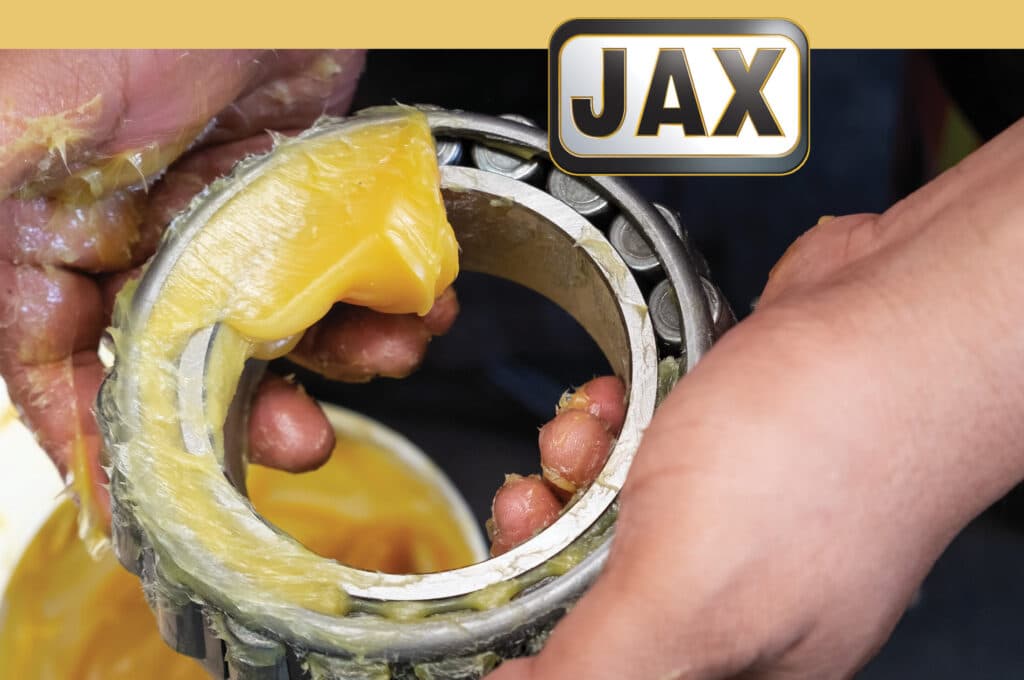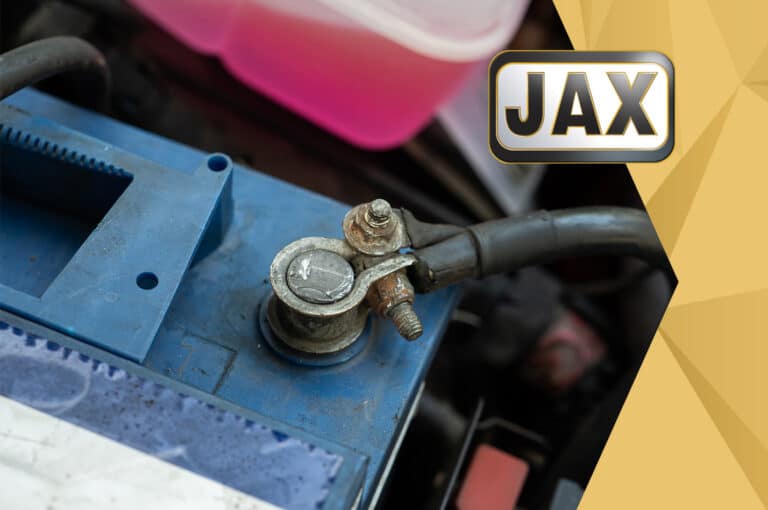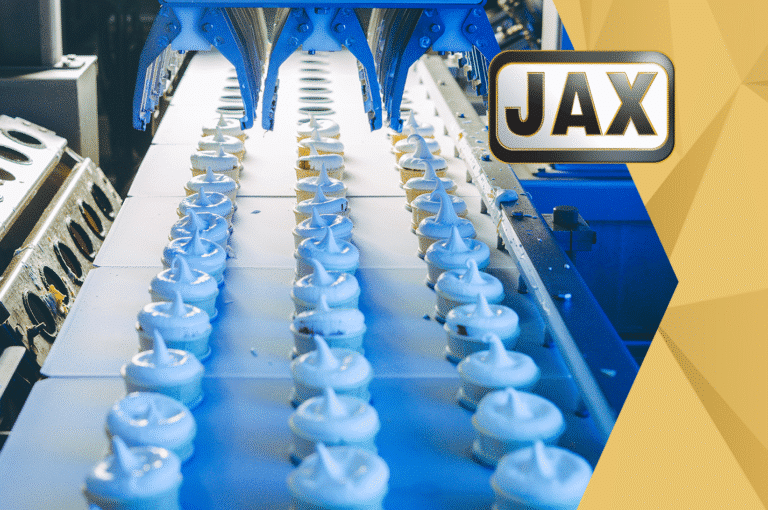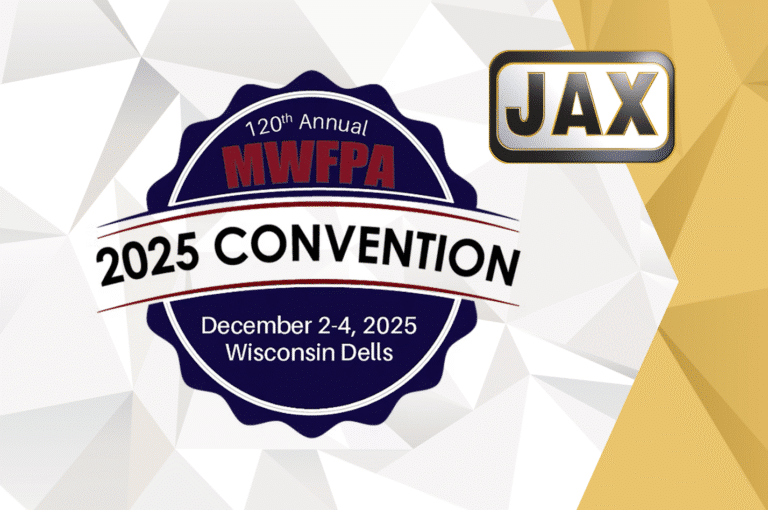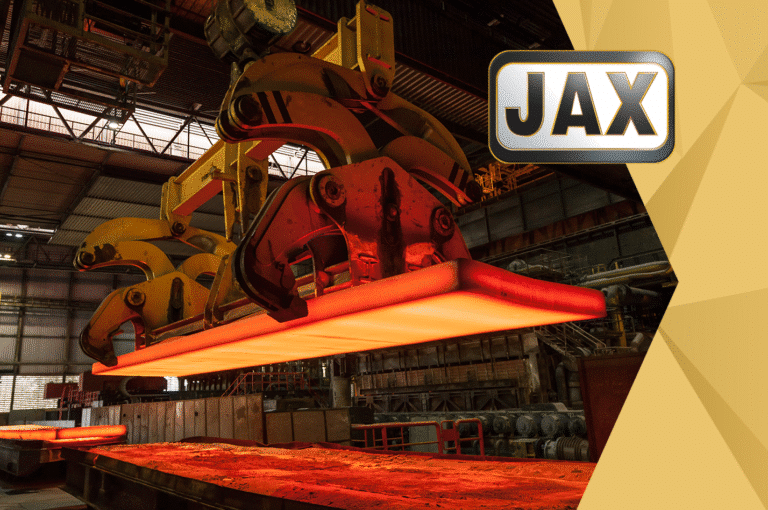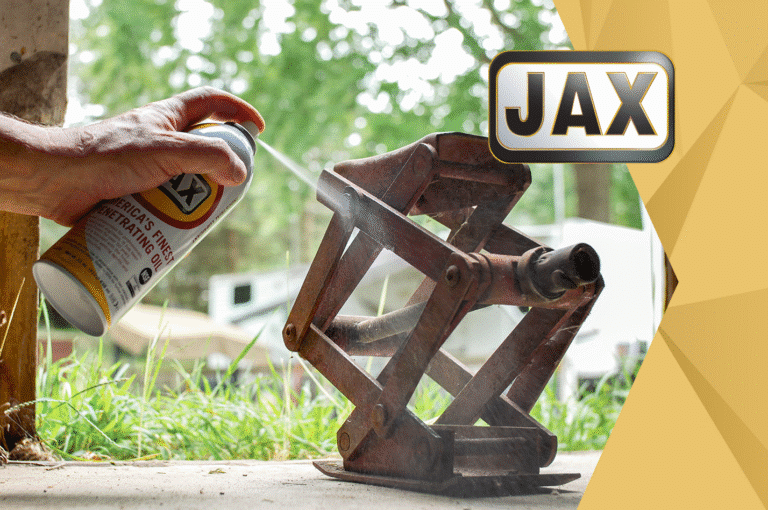Determining the Right Amount of Bearing Grease
Achieving the right lubrication amount is key to ensuring the smooth operation of bearings. It’s important to note that the purpose of grease inside a bearing is to provide proper film lubrication in the necessary metal contact zones. For optimal performance, it is recommended to fill approximately 40-70% of the free space within a bearing if an OEM recommendation is not available, depending on its type and other factors.
To calculate the appropriate amount of grease for a bearing, measure the width (W) and outer diameter (OD) of your bearing. The calculation for the approximate grease volume in ounces (oz) is as follows:
Grease Volume (oz) = 0.114 x OD (in) x W (in)
This formula provides a solid starting point for determining the correct volume of grease for your bearings. If you need assistance with the calculation and/or relubrication frequencies, JAX representatives are available to help tailor fit the lubrication plan to your specific application and environment.
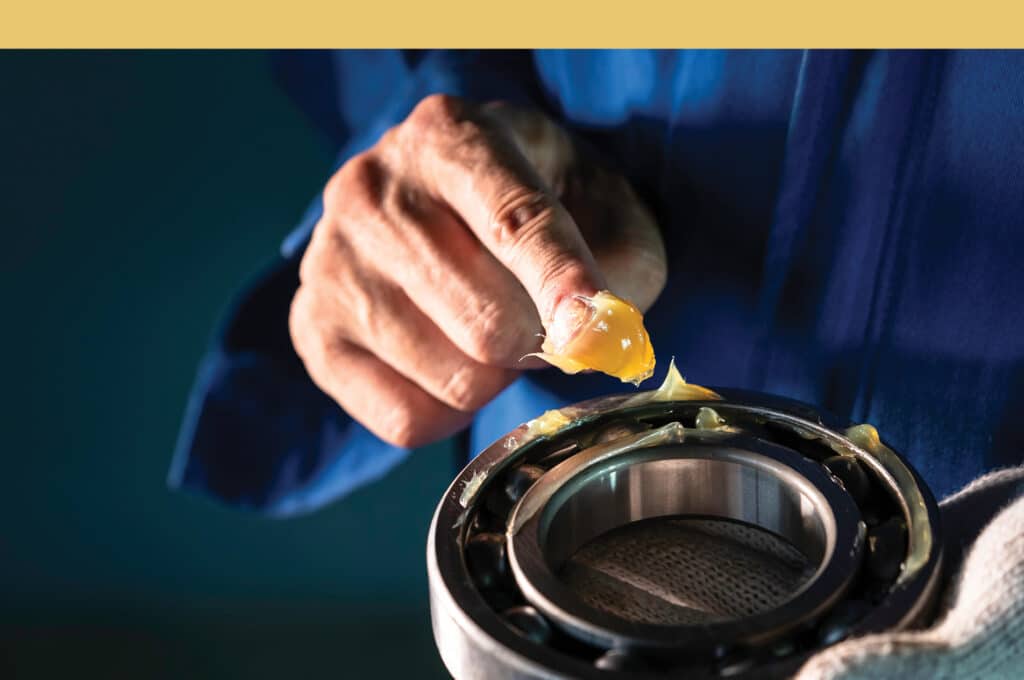
What Happens When a Bearing is Over Greased?
Over greasing a bearing can lead to a myriad of issues that can compromise its effectiveness.
In roller and ball bearings, an excess of lubricant may cause the rollers and balls to slide rather than roll, severely hampering the effectiveness and efficiency of the bearing.
Having the correct amount of free space in a bearing is essential to prevent churning, a condition where the bearing will needlessly be forced to operate through the excess grease. When a bearing is over greased, churning will quickly degrade the grease which can lead to overheating, resulting in premature wear and failure of the bearing and application. Chronic bearing failures can lead to large financial costs from repairs and downtime.
Excessive grease can also generate too much pressure inside the bearing. If the bearing has a seal component, the high pressure may cause seal failure or blow the seal altogether, resulting in bearing leakage and ultimately premature bearing failure.
Summary
In conclusion, utilizing the correct volume of grease is critical to the performance, efficiency, and lifespan of the bearing. Over greasing a bearing can lead to problems such as churning, premature application failure, and potentially detrimental lubricant leakage.
If you are unsure whether you are using the right grease at the correct amount, contact your JAX representative for assistance.

